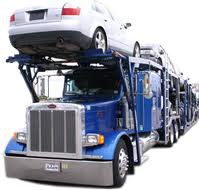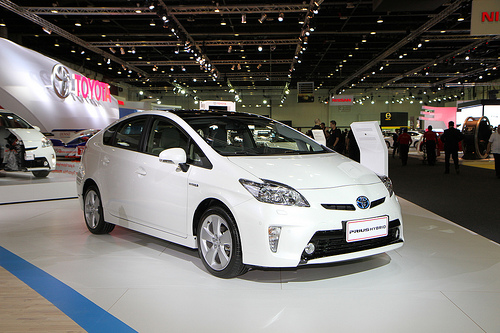
Many of us have received the letter at one time or another: there’s been a recall on your car. While never a fun experience, recalls on vehicles serve an important purpose: to fix an ongoing and systemic issue that is faulty in a car, whether the gas tanks leaks or a window switch is faulty. Though often not life-threatening, the decision to do a recall on cars is not made lightly, and, when manufacturers do issue a recall, it is wise to heed the warning. Some of the most recalled vehicles of the past year include vehicles produced by both Ford and Toyota.
Toyota Issues the Largest Recall
The largest recall of the past 16 years was issued by Toyota this past November. Affecting over 2 million cars in the United States and over 7 million in the world, the recall was due to a sticky window regulator that, under extremely limited circumstances, could cause a wire to fray and potentially light a fire. The problem arose if someone applied commercially available lubricants to the switch in an attempt to loosen the stickiness of said switch; the residue could accumulate on the switch’s wires and, eventually, ignite. Though there are no known cases of this actually happening, Toyota, nevertheless, put out the order for the most recalled cars of the past two decades to fix the issue.
Continued Problems with the Ford Escape
Recalls on trucks were happening across manufacturers last year, though, perhaps, no one had a harder time than Ford. The auto manufacturer suffered the embarrassment of having to recall its brand new Escape Crossover, not once, not twice, but three times for a potentially catastrophic engine fire. The older versions of the model joined their brand new cousins not long after the first recall, with stuck throttles potentially making stopping difficult after intense acceleration.
Not all recalls need to be as bad as the Ford Pinto exploding or the Ford Explorer rollovers, however. Perhaps the most relieving recall of all was on the Subaru BRZ, which was issued to replace a few typos on the owner’s manual that gave slightly outdated information on engine performance and tuning.
Nearly all manufacturers recalled cars at least once in 2012, with even the likes of Ferrari and Rolls-Royce having to issue a recall at some point or another. It is important to remember that the vast majority of recalls are to effect minor issues, and, though they are all voluntary, should be performed nevertheless, even if it causes a slight inconvenience. Most vehicles have thousands of parts, and getting one or two occasionally wrong is not unusual, as there is always at least one variable overlooked during the construction process that comes out under real world conditions.



